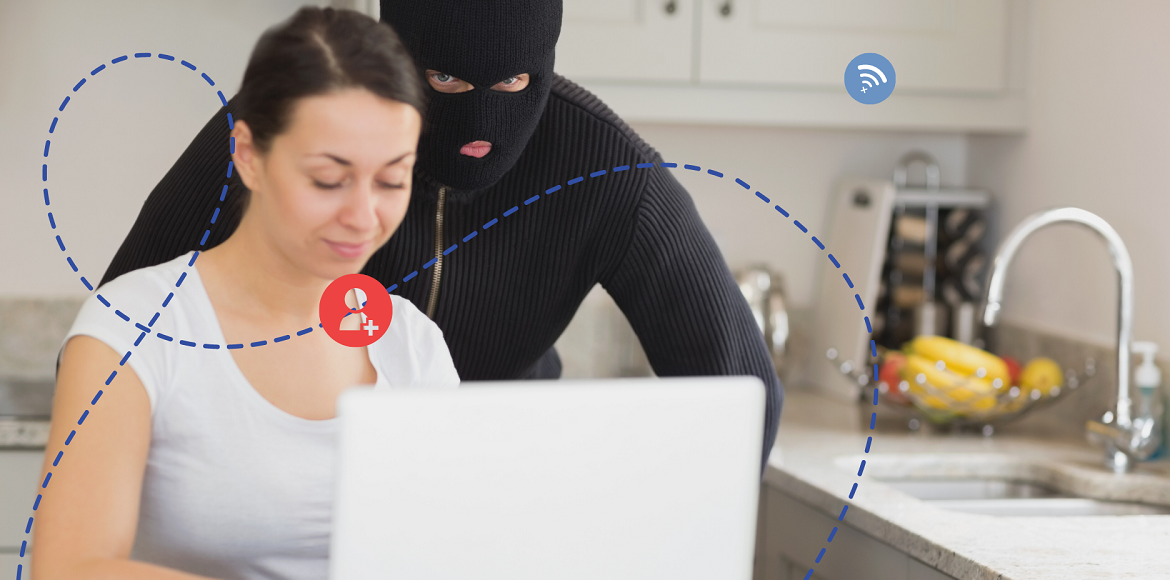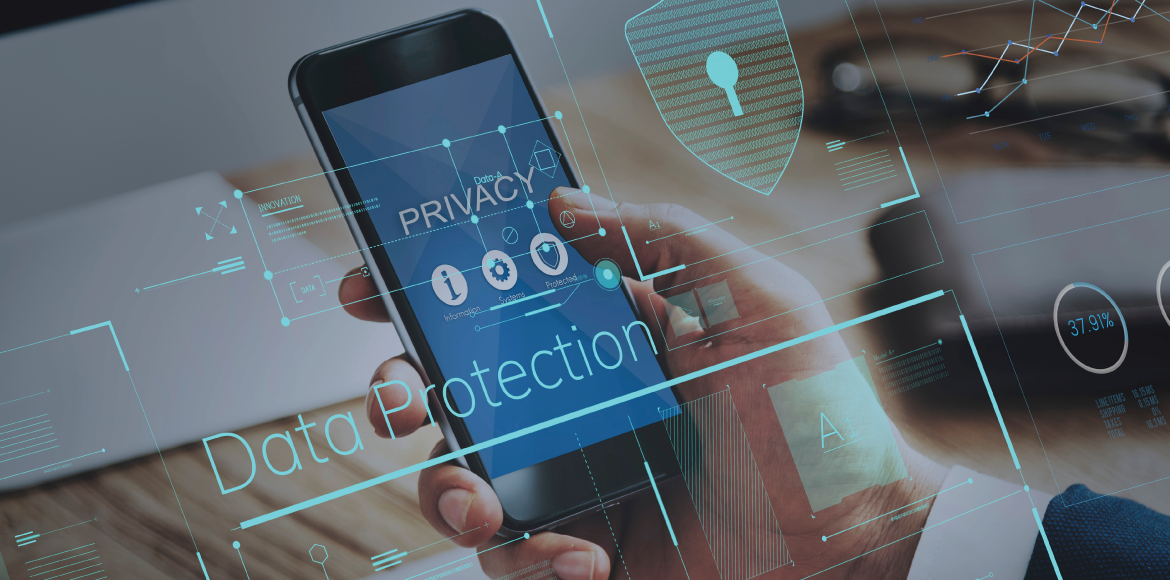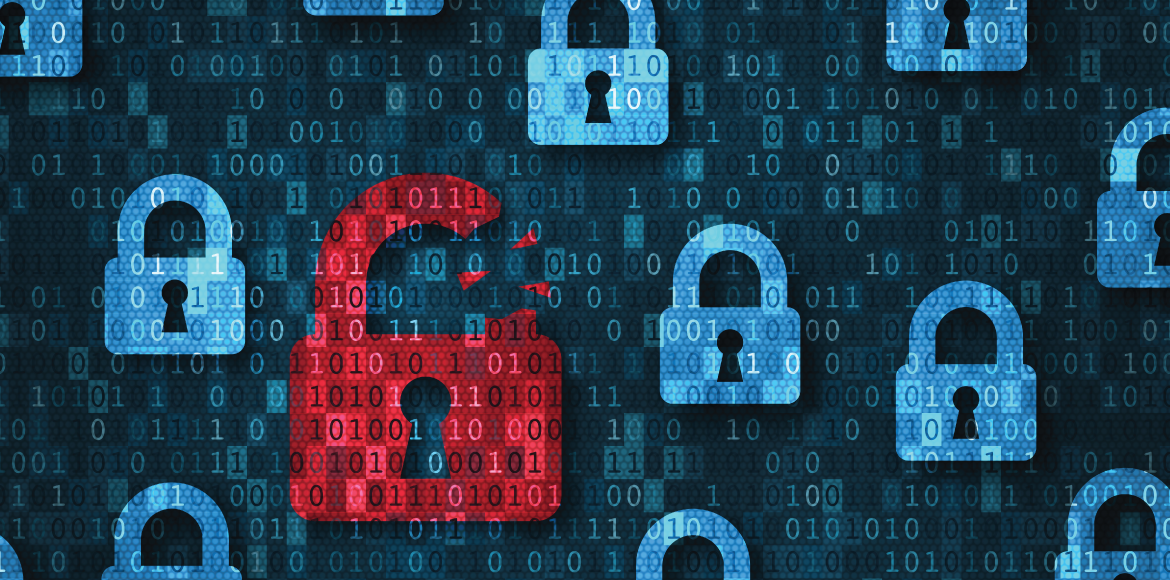Fraud Awareness
We take our members security very seriously and are committed to the highest standards of fraud prevention and identity protection. Learn how to better protect yourself by staying up to date on fraud trends and tactics.
Report Fraud
If you think you have been a victim of identity theft or suspect your account has been compromised:
- Report it to us immediately by calling 780-826-3377 or if after hours fill out the Report Fraud form and we'll be in touch soon.
- Contact local police and file a report about the fraud.
- Contact Canada’s credit reporting agencies – Equifax and TransUnion - and have a fraud alert put on your credit file. This could help prevent someone else from taking out a loan or credit card in your name.
- The Canadian Anti-Fraud Centre also has a website full of tips to identify, prevent, and report all types of fraud.

Scam Watch
Protect yourself by learning about a few of the scams circulating in the Lakeland.

Cybersecurity
Learn about potential cybersecurity threats and how to protect yourself while connected







